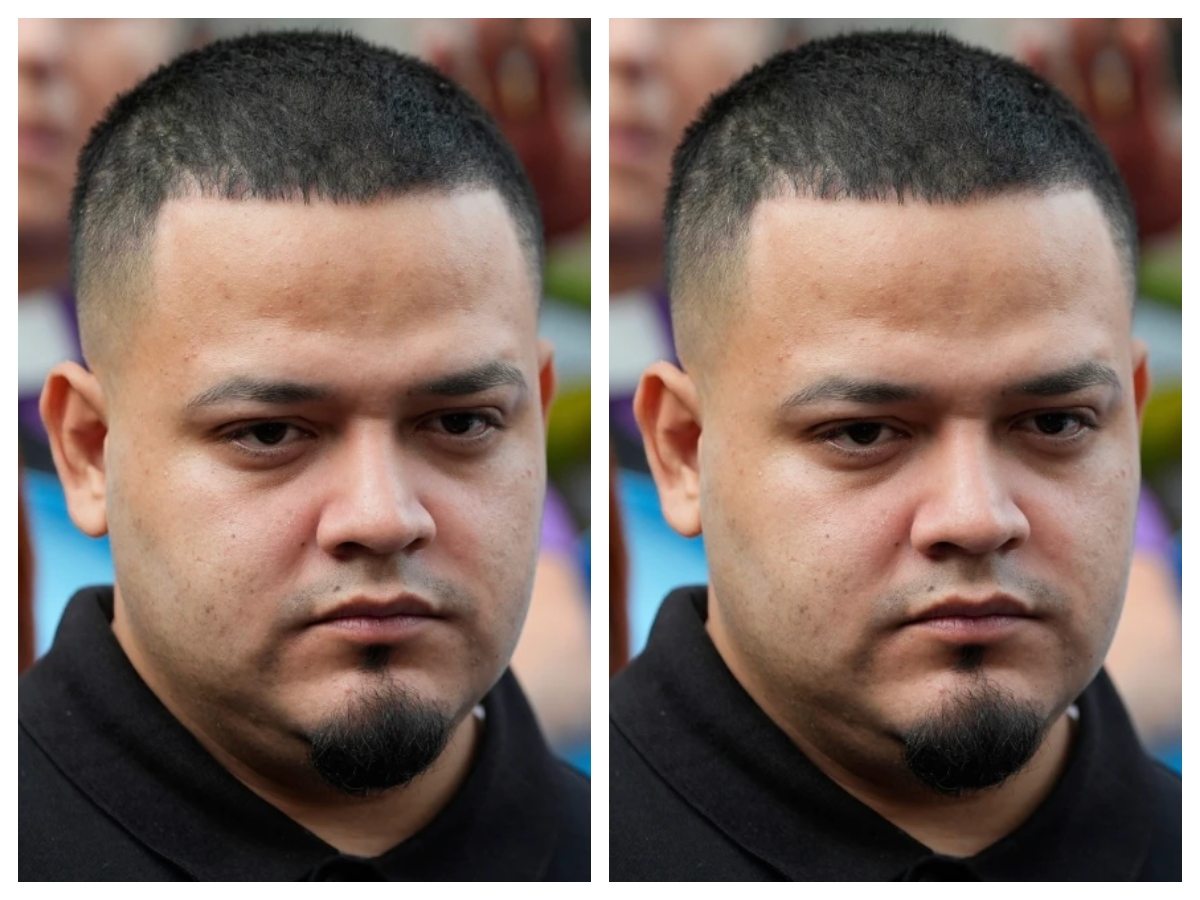The U.S. government is preparing to deport Kilmar Abrego Garcia to Liberia by October 31, according to a new court filing that has reignited outrage over the Trump administration’s handling of his case.
Abrego Garcia, a Salvadoran national, became a symbol of opposition to the administration’s hardline immigration stance after officials mistakenly deported him to El Salvador in violation of a prior settlement. The U.S. Supreme Court later ordered the government to return him, forcing Immigration and Customs Enforcement (ICE) to search for an alternative destination since he cannot legally be sent back to El Salvador.
A federal judge in Maryland had previously blocked his removal, with Abrego Garcia’s legal team arguing that the administration is exploiting the deportation process to punish him for its own past mistakes.
In the latest filing, the Department of Homeland Security described Liberia as “a thriving democracy and one of the United States’ closest partners on the African continent,” citing the country’s English-speaking population, constitutional protections for human rights, and commitment to humane refugee treatment. The agency asserted that deportation could occur as soon as October 31.
However, Abrego Garcia’s attorney, Simon Sandoval-Moshenberg, condemned the move, saying, “After failed attempts with Uganda, Eswatini, and Ghana, ICE now seeks to deport our client, Kilmar Abrego Garcia, to Liberia, a country with which he has no connection, thousands of miles from his family and home in Maryland. Costa Rica stands ready to accept him as a refugee, a viable and lawful option. Yet the government has chosen a course calculated to inflict maximum hardship. These actions are punitive, cruel, and unconstitutional.”
READ ALSO: Ten more migrants sent from U.S. to Eswatini as Africa deportation pact deepens
Abrego Garcia, who entered the U.S. illegally as a teenager, has lived in Maryland for years with his American wife and child. In 2019, an immigration judge ruled he could not be deported to El Salvador because of a “well-founded fear” of gang violence. He is also seeking asylum in the United States while facing separate human smuggling charges in Tennessee, to which he has pleaded not guilty and has filed a motion to dismiss on grounds of vindictive prosecution.










